Early Childhood
The early childhood education experience recognizes an important characteristic of child development – no two students grow and develop the same way or at the same time. Because a child learns through exploration and discovery, we facilitate purposeful play through hands-on experiences related to engaging, thematic units.
Curriculum Areas
English Language Arts
We work to build each child’s vocabulary and understanding of grammar through guided conversations with teachers and peers and by sharing picture stories, songs and rhymes. These activities build reading comprehension strategies as well as phonological awareness. Kindergarteners take this one step further engaging in Daily 5 for reading practice and instruction as well as Writer’s Workshop to focus on the development of each child’s writing skills. We create young learners who love reading and writing and who are successful at both.
Science
God created children with an innate curiosity. We seek to encourage this curiosity while building foundational scientific skills. In our science centers children are encouraged to develop their observational skills. Through weekly experiments, we introduce and teach the science concepts of hypothesis, data collection and analysis. We explore a variety of topics such as senses, seasonal changes, states of matter, life cycles and forces of nature. In kindergarten, students are encouraged to design their own experiments to test ideas that they encounter throughout their day.
Mandarin
The early childhood Mandarin instruction gives students conversational skills and increases vocabulary within the structure of everyday experiences. Students build a basic understanding of the Mandarin language structure and enhance their ear for language as well their sound production. In addition to research based cognitive benefits, students become familiar with the diversity of language and culture and build a greater worldview.
Mathematics
Our program utilizes everyday experiences to develop mathematical concepts in our youngest learners. In both large and small groups students are introduced to concepts such as number sense (counting, number recognition, and numerals), patterns, graphing, sorting and measuring. By making this learning part of our everyday experiences, children learn practical applications for math and its usefulness in their lives. Kindergarten utilizes the Everyday Math curriculum, a researched-based program that provides a problem-solving approach based on everyday situations.
Bible Stories
In the Early Childhood classes, the students hear and learn the Bible stories that form the basis of God’s work in history to create and sustain His creation. They learn that God reveals himself to us as Father, Son and Holy Spirit; that forgiveness and grace is how He loves us; and that we return His love by loving others. Through weekly chapel, daily Bible stories, and in our daily life faith formation begins to place the child in the context of God’s big picture.
Choice Time
For young children, play is important work. Children grow, learn and investigate the world through play. This happens through complex play activities that invite them to think, problem-solve, and participate in fantasy. When children engage in play, they have to plan, create a focus, and strive for a goal — all essential life and work skills. Our teachers provide play situations throughout the day to encourage the development of these skills.
Music
Students are introduced to musical concepts such as tempo, pitch, pulse, rhythm, voice, dynamics and sound identification. Movement is encouraged as students learn to move their bodies to the music of different cultures and engage in hands on experiences with a variety of instruments. Students also learn about music as a means of story telling. Additionally, they learn how song is a means of praising God as they practice and prepare to sing as a choir during Sunday worship throughout the year.
Art
At the preschool level, we teach process art which focuses on the individual’s interactions with different art mediums. Children are given opportunities to work with finger-paint, watercolors, chalk, collage, drawing, sketching, stamping and more. Teachers focus on how each child interacts with the materials and seek to develop their interest, curiosity and language through these shared experiences. Kindergarteners participate in a more formal art curriculum exploring concepts such as color, lines, modality, observational drawing, portraiture, collage and an exploration of famous artists.
Fine & Large Motor Skills
Fine motor movements involve the coordination of small muscles in the hands and fingers. Strong fine motor skills are essential for beginning writing and drawing with detail. Through focused activities, our program provides a large variety of opportunities for each child to develop their fine motor skills, so that they are ready for beginning writing and other complex fine motor tasks. We utilize a program called Handwriting Without Tears to more formally teach beginning letter formation.
